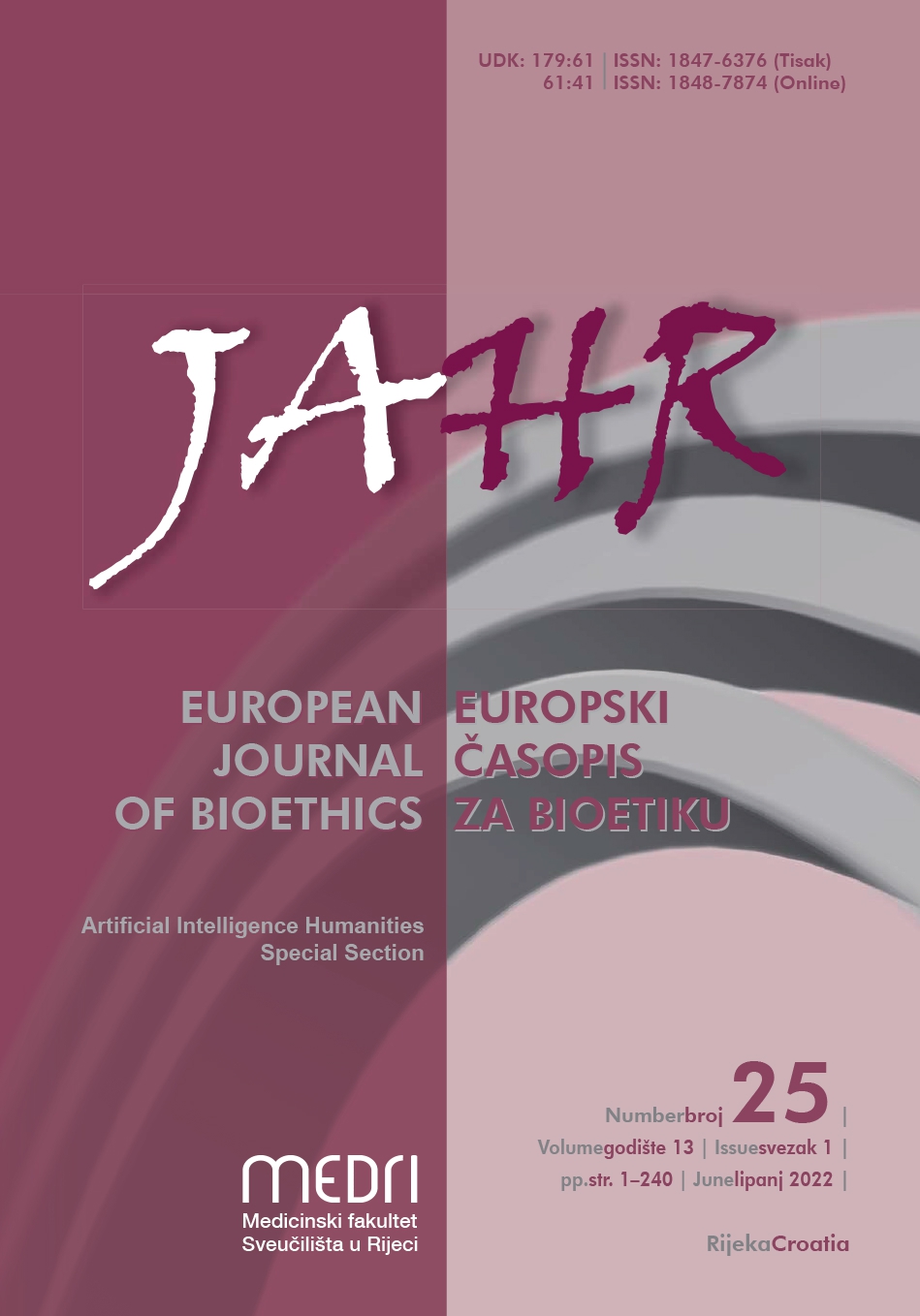A study on the intention and experience of using the metaverse
Keywords:
metaverse, online education, virtual reality, augmented reality, artificial intelligenceAbstract
https://doi.org/10.21860/j.13.1.10
Due to the acceleration of information and communication technology in the Fourth Industrial Revolution, artificial intelligence technology has had a large impact on politics, economy, culture, and art industries. During the COVID-19 pandemic, as face to-face activities declined and video conferencing expanded, a new platform, called the metaverse, appeared. The metaverse is a digital communication technology, that become known to the public through games and entertainment, and it is gradually expanding. The metaverse also provides new education methods. For high value-added industries, the metaverse is used to foster skilled experts in a shortened training period. In the education field, the metaverse platform is being used in convergence with information technology (IT) companies. Examples include the entrance ceremony, graduation ceremony, job fair, museum experiential learning, and graduation work exhibition of the virtual world through the metaverse. In this paper, college students’ experience of using the metaverse was studied to determine their awareness of and experience with the metaverse. Based on the potential of the metaverse platform, the MZ (Millennials and Generation Z) generation’s intention to use the metaverse, and their experience with it, it is expected that this study will aid the development of the metaverse.
Downloads
Published
Issue
Section
License
Authors who publish with this journal agree to the following terms:
- Authors retain copyright and grant the journal right of first publication with the work simultaneously licensed under a Creative Commons Attribution License that allows others to share the work with an acknowledgement of the work's authorship and initial publication in this journal.
- Authors are able to enter into separate, additional contractual arrangements for the non-exclusive distribution of the journal's published version of the work (e.g., post it to an institutional repository or publish it in a book), with an acknowledgement of its initial publication in this journal.
- Authors are permitted and encouraged to post their work online (e.g., in institutional repositories or on their website) prior to and during the submission process, as it can lead to productive exchanges, as well as earlier and greater citation of published work (See The Effect of Open Access).



